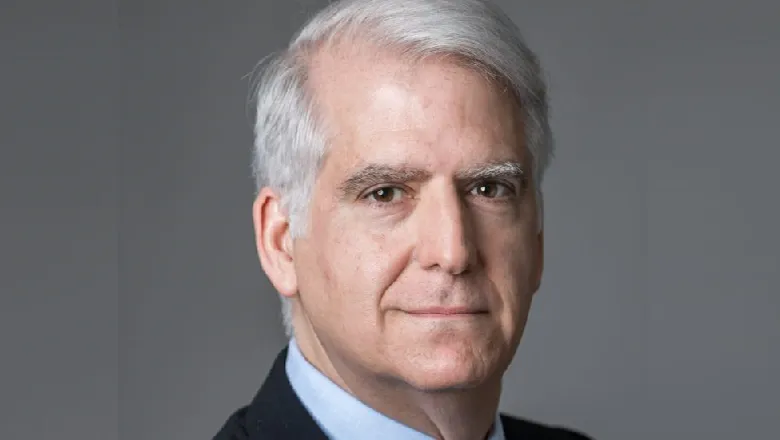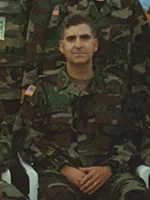War Studies is needed just as much in the age of transformative technology and cyber conflict as it was when the Department was established, or when my classmates and I got our degrees as the Berlin Wall fell, ushering in the post-Cold War era.
Raffi Gregorian
01 September 2021
Raffi Gregorian
News Article

In October 2004, while Head of the State Department’s Bosnia Office, I was asked to brief a senior official on an opportunity for us to help High Representative Paddy Ashdown lead an effort to link Bosnia’s two ethnic armies. The official looked at me suggestively and asked, ‘Who do you know who understands Bosnia, is an expert at military affairs, knows NATO, gets along with Brits, and that Ashdown trusts?’ I rolled my eyes the way people do to show they are thinking. ‘I mean you,” he said.
That Bosnia gig turned out to be the most gratifying professional experience of my life, and it was all down to my experience with War Studies at King’s. I had evolved as an MA student from having papers mysteriously marked with runes like ‘A/B+B+’ and helpful comments like ‘perfectly adequate’ and ‘this paper is the sort of antiquarian military history one doesn’t see much anymore’, to having articles published in peer-reviewed journals and presenting them at academic conferences.
By taking what I’d learned about the evolution of the British Indian Army during my time at King’s and fashioning it into a politically and practically compelling concept for Bosnia’s defence needs, I was able to convince Bosnia’s leaders to go further than expected and create a single, multiethnic army, organised in line with the country’s NATO aspirations. The new Armed Forces of Bosnia and Herzegovina are today the most trusted state institution in the country, which is now in NATO’s Membership Acton Plan.

Then Lieutenant Commander Gregorian, USNR, during his service in Kosovo 2004. I now direct the UN’s counterterrorism office, taking part in high-level interagency meetings, much as I did when I was in the US State Department attending meetings led by the National Security Council on everything from military interventions and drone strikes to the Ebola response.
Having since seen in person what war does to people, and the costs of going to war for the wrong reasons, my fascination with it is now infused with a special kind of loathing. War is, sadly, part of the human condition. But by being able to understand it better, I have been able to counsel those who don’t. Sometimes with success, like in Bosnia, and sometimes not, such as advising against peacekeeping missions in situations that actually require warfare. One thing is clear, and that is that War Studies is needed just as much in the age of transformative technology and cyber conflict as it was when the Department was established, or when my classmates and I got our degrees as the Berlin Wall fell, ushering in the post-Cold War era.
